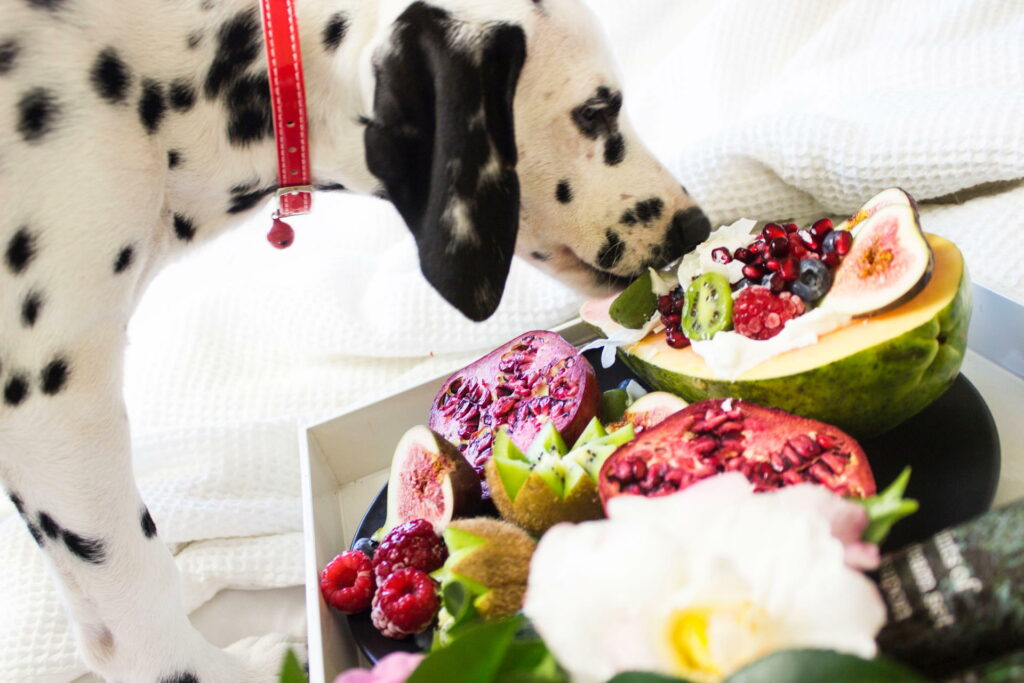Most of us know what we should be avoiding when it comes to our pets, but we don’t always know why.
These are a few of the usual suspects, and what actually happens when they’re ingested:
Avocados
Avocados contain a toxin called persin, which causes gastrointestinal irritation, vomiting and diarrhoea. Interestingly, unripe avocados have a higher concentration of persin than ripe ones. While it’s uncommon for dogs and cats to develop a serious illness from avocados, our feathered friends are much more sensitive to it.
Batteries
They might be small, but batteries can cause a lot of damage if they’re swallowed by your pet. They react to the moisture in your pet’s mouth, throat and stomach and can cause serious internal burns. They can also cause burns by leaking battery acid into the stomach.
Caffeine
You know that jittery feeling from having too much coffee? The same thing can happen to our pets. Caffeine raises blood pressure and can cause cardiac arrhythmia (an irregular heartbeat), which can lead to muscle tremors and seizures.
Chocolate
The bad guy in chocolate is called theobromine. Our pets aren’t able to metabolise theobromine as well as us, which means it stays in their system for longer. Small amounts might cause mild symptoms like vomiting or diarrhoea, but large amounts can cause changes to the heart’s rhythm, pancreatitis (an inflamed pancreas) and seizures. Dark and cooking chocolates contain more theobromine so are best avoided entirely.
Grapes/Sultanas/Raisins
We’re not entirely sure what makes grapes toxic to dogs, but the theory is that it’s their high levels of tartaric acid. This causes damage to the kidneys, which can potentially lead to kidney failure. The levels of tartaric acid vary from grape to grape, so it’s safest to avoid them altogether.
Ibuprofen (Nurofen)
Ibuprofen works by blocking certain chemical processes in the body, which in turn reduces inflammation and pain. The problem is that these processes are also important for gut, kidney, liver and blood clotting functions. Dogs and cats are particularly sensitive to this, and ibuprofen ingestion can lead to gastric ulcers/bleeding, as well as kidney and liver damage. Diclofenac (Voltaren) and naproxen (Naprogesic) are also toxic to both dogs and cats.
Lilies
Different lilies impact cats in different ways – some cause kidney damage, some cause an irregular heartbeat, some cause gastrointestinal issues – the one thing they all have in common is that they are extremely toxic to cats.
Onions & Garlic
Onions and garlic contain compounds that can cause a range of symptoms, from gastrointestinal upset through to a blood condition called haemolytic anaemia. Cats are more susceptible to this than dogs, but dogs can still develop issues if they consume a large amount.
Rodenticides (Rat Bait)
Rat bait stops the blood from clotting properly, which can lead to internal bleeding. The effects can last from weeks to months, and might not show any symptoms at first. Signs of internal bleeding include pale gums, bleeding from the nose or mouth and black tarry faeces.
Sago Palms
The main toxin in sago palms is cycasin, which causes pain, vomiting, diarrhoea, seizures and liver failure (just to name a few). All parts of the sago palm are toxic, especially the seeds.
Xylitol
Xylitol is an artificial sweetener that is found in some sugar-free foods. It causes insulin to be released, which can drop blood sugar to dangerously low levels. Dogs are particularly sensitive to it.
Not sure if what your pet has just eaten is toxic?
The Australian Animal Poisons Helpline have information on all sorts of toxins. Head to their website at animalpoisons.com.au, or given them a call on 1300 869 738.
If you’re worried that your pet has gotten into something they shouldn’t, you should seek help as soon as possible. It takes about 2 hours for your pet to digest what they eat, so the sooner we see them the more likely it is that we can bring up whatever nasties they’ve helped themselves to.

